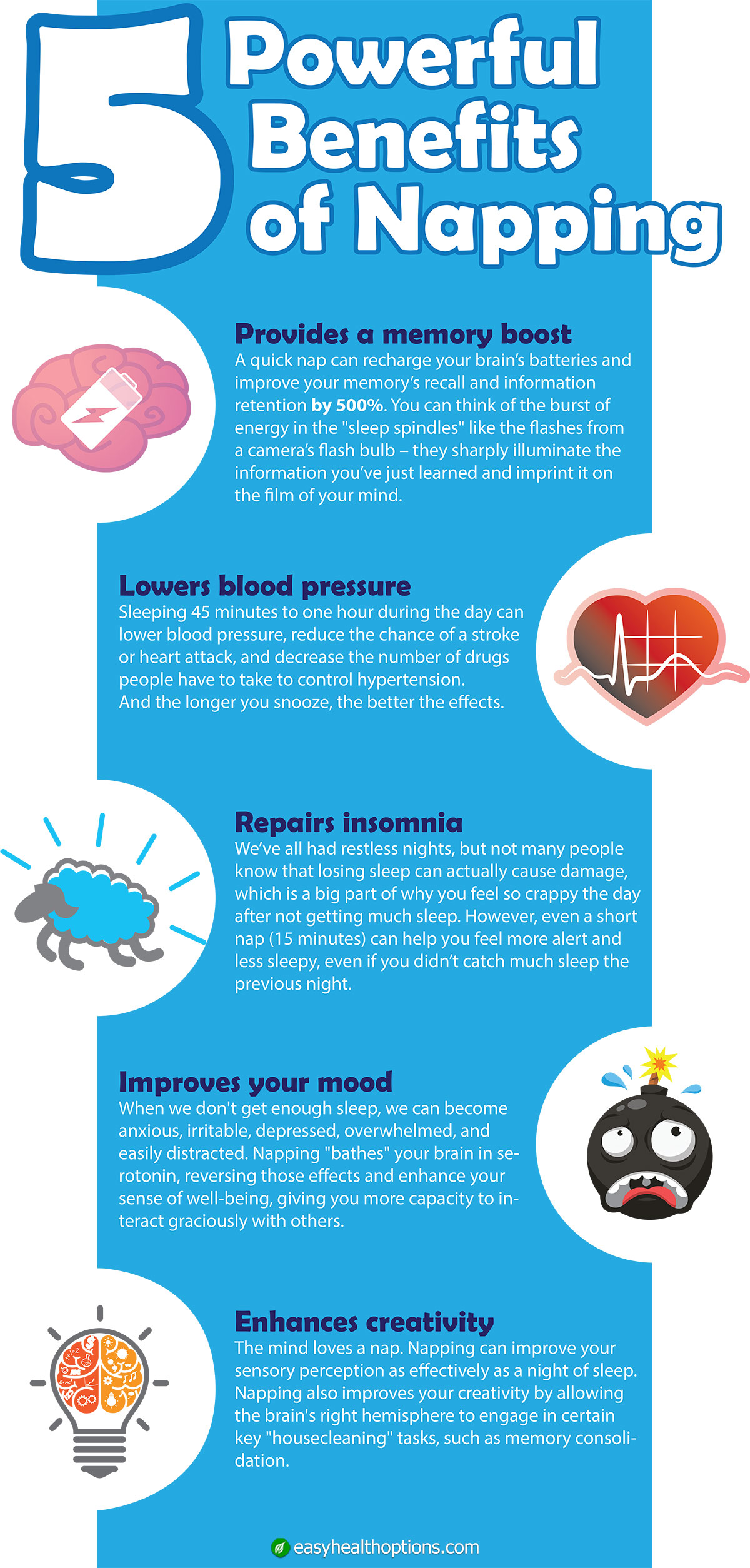The Benefits of Afternoon Naps and How to Avoid Feeling Drowsy Afterwards
Why Taking a Nap in the Afternoon is Important
The human body has a natural dip in energy levels during the afternoon that makes us feel tired. Taking a short nap can provide several cognitive and physical benefits.
Naps Boost Alertness and Mental Performance
A short nap of 10-30 minutes allows the brain and body to enter the restorative stages of sleep which are crucial for memory consolidation and learning. Studies have found that napping improves alertness, concentration, and the ability to solve complex problems. Workers who took afternoon naps were more alert and their performance improved.

Naps Enhance Mood and Reduce Stress
In addition to improving cognitive performance, napping provides relief from mental and emotional fatigue. Research shows naps can significantly reduce feelings of stress, anger, and depression. A brief rest allows the mind and body to reboot, enhancing one’s mood and ability to deal with challenges.
Naps May Improve Health and Longevity
Getting quality rest during the day through napping is linked to several health advantages. Studies suggest regular napping is associated with lower risks of chronic diseases like cardiovascular issues and Alzheimer’s. It may also help control blood pressure and promote longevity.
Tips for Avoiding Drowsiness After Lunch
While napping is beneficial, feeling excessively tired right after eating can hamper productivity. Here are some effective strategies:
Opt for Low GI Carbs and Protein at Lunch
High glycemic index (GI) foods like rice and pasta cause abrupt blood sugar spikes and crashes, leading to drowsiness. Replace them with whole grains, lentils, beans, eggs or lean meats for stable energy levels.
Eat More Fiber and Probiotics
Fiber-rich foods take longer to digest, slowing carb absorption to steady sugars. Probiotics in yogurt curb inflammation which causes fatigue. Focus on salads, whole fruits and fermented foods.
Limit Portions and Avoid Second Helpings
Oversized lunches overload the digestive system and blood sugar regulation mechanisms, inducing a tired response. Control portions and avoid seconds of carb-heavy dishes.
Move Around Right After Eating
Going for a 10-15 minute walk or simply standing up helps food digestion. It prevents insulin spikes and the subsequent energy slump. Even mild activity prevents drowsiness.
Stay Hydrated and Caffeinated
Dehydration contributes to tiredness. Drink water before, during and after meals. Herbal tea or black coffee (100-150mg caffeine) can boost alertness without disrupting sleep.
Managing Workload and Scheduling to Avoid Afternoon Fatigue
Good time management is key when you need to stay sharp after lunch. Here are some organizational strategies:
Schedule Challenging Tasks During Peak Hours
Tackle complex analysis, problem-solving, writing or phone calls before noon or after 2 PM when energy levels rise. Use the natural midday dip for lighter duties.
Spread Workload Evenly Through the Day
Avoid cramming everything before or after lunch. Distribute tasks in moderate chunks to maintain steady productivity without draining reserves.
Take Micro-breaks Every 90 Minutes
Brief 5-minute breaks help recharge without disrupting focus. Move, stretch, chat or view nature images to reset the mind and body.
Establish Daily rhythms and routines
Being consistent with schedules, diet and exercise promotes better energy regulation. Stick to routines to avoid hitting an afternoon slump.
Handling Afternoon Sleepiness through Lifestyle Tweaks
For some, preventing naps requires lifestyle tweaks to their daily habits and environments:
Modify Sleep Hygiene
Ensure 7-9 hours of restful nightly slumber to feel recharged. Create a relaxing presleep routine without screens an hour before bed.
Improve Diet Quality
Focus on nutritional whole foods for sustained vitality. Eat smaller, more frequent healthy snacks to curb fatigue between meals.
Add Calming Activities
Incorporate relaxing hobbies like reading, journaling, crafts or nature walks to manage stress better without dozing off.
Designate Alert Work Spaces
Use bright, airy areas sparingly for quiet activities to avoid snoozing accidentally. Reserve comfy spots solely for unwinding.
Stay Hydrated and Active
Drink enough water, stretch, or go for brief walks while engaging in sedentary tasks to boost blood flow. Movement prevents languor.
With balanced rest, diet, exercise and routine, it’s easy to stay alert and productive all afternoon without naps. Find methods that work best for your individual needs and lifestyle.
